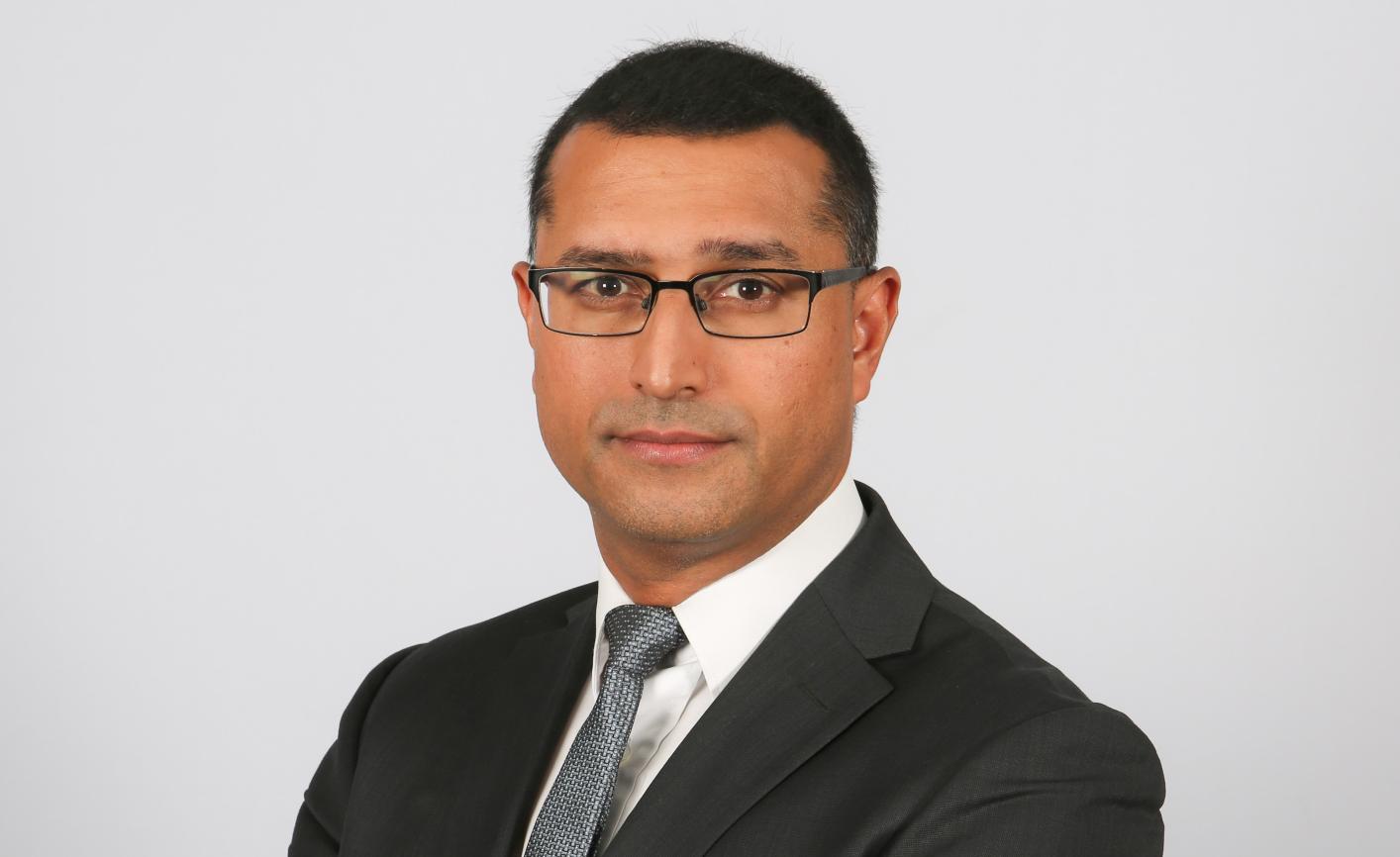News / Government sets up talks with consultants
Healthcare leaders this week welcomed the government’s agreement to meet the British Medical Association as a positive step towards resolving ongoing strike action by consultants.
Vishal Sharma (pictured), chair of the BMA union’s consultants committee, said it was good to see the government willing to come to the table, but it was vital that it committed to serious negotiations.

‘The BMA consultants committee has been clear that reform of the broken pay review process is essential to resolving this dispute and that the reformed pay review body is to make truly independent recommendations on pay in order to correct for the losses that consultants have experienced that have resulted in the current workforce crisis,’ he said. ‘We will be expecting to discuss and explore other solutions in the forthcoming talks.’
The union has previously stated its demands as a pay rise for 2023/24 above the level of RPI inflation for the 12 months up to April 2023, alongside restoration of the pay review body’s independence. It recently paused any announcements of further strikes to give the government an opportunity to come to the table.
However, while a spokesperson for the Department of Health and Social Care said the hope was to find a resolution and end the dispute, they appeared to rule out wage rises. ‘We have been clear headline pay will not be on the table. Doctors have already received a fair and reasonable pay rise as recommended by the independent pay review body, which we’ve accepted in full,’ they said. ‘This means doctors who started their hospital training this year have received a 10.3% pay increase, with the average junior doctor getting 8.8% and consultants 6%, alongside generous reforms to their pensions – the BMA’s number one ask.’
Matthew Taylor, chief executive of the NHS Confederation said health leaders would be ‘cautiously optimistic’ about the move to begin negotiations.
‘While this development is a positive step in the right direction, as it could signal an end to further walkouts from consultants, there is not yet cause for celebration,’ he said. ‘With the government and the junior doctors committee still at a standstill, and the results of the indicative ballot for specialty and specialist doctors imminent, the looming threat of further strikes facing the NHS remains.’
He added that he hoped the talks, if successful, could be used as a springboard for negotiations to begin with junior doctors and other groups.
Strikes by consultants, junior doctors and earlier action by nurses, before they reached a settlement, have led to the rescheduling of more than one million hospital appointments. NHS England chief executive Amanda Pritchard said recently that the NHS had seen hospital doctors undertake 720 hours of industrial action since March – the equivalent of a full calendar month without a significant proportion of the medical workforce. And NHS England chief financial officer Julian Kelly said that strikes to date had cost an estimated £1.4m - £700m in direct costs, such as paying people to cover shifts, and the equivalent of £700m of lost elective activity.
Related content
We are excited to bring you a fun packed Eastern Branch Conference in 2025 over three days.
This quarterly forum will give CFOs national updates and attendees can discuss pressing issues with colleagues across the healthcare system.